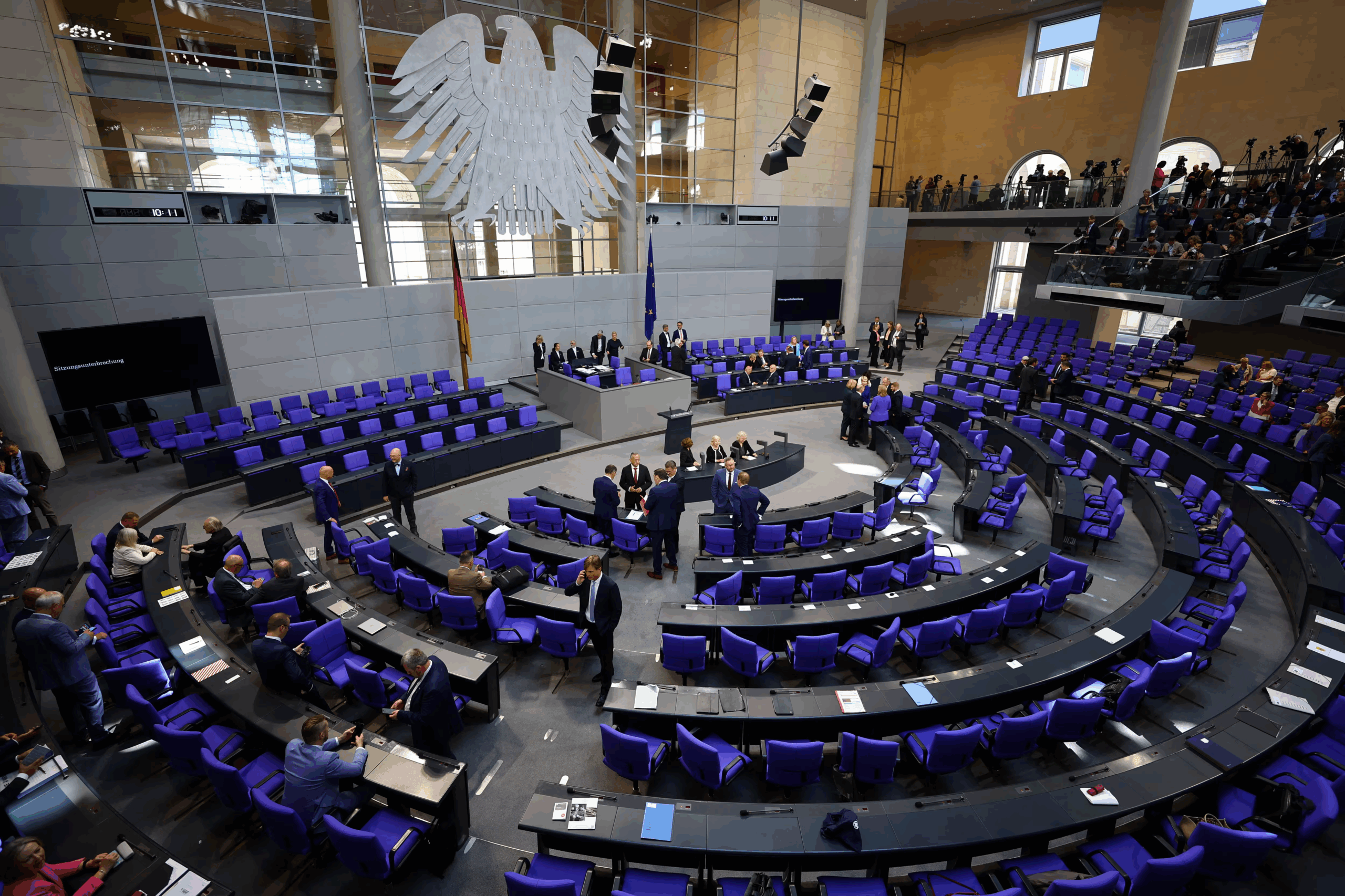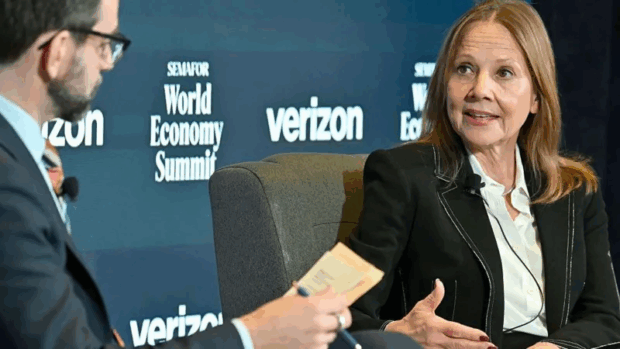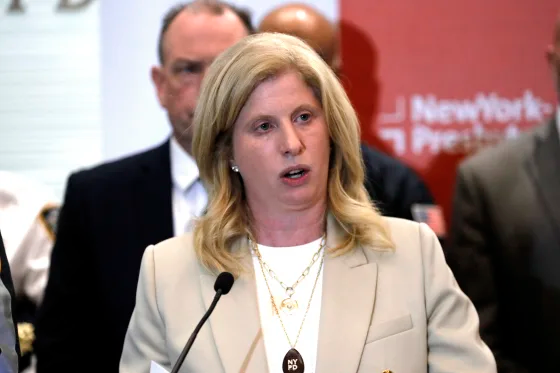
Friedrich Merz, Germany’s conservative leader, unexpectedly failed to secure enough votes to become chancellor on Tuesday, plunging Europe’s largest economy into renewed political uncertainty.
The 69-year-old Merz, whose CDU/CSU conservatives won February’s federal election and recently signed a coalition agreement with the center-left Social Democrats (SPD), received only 310 votes in the secret parliamentary ballot—six short of the absolute majority required. At least 18 coalition MPs apparently withheld their support.
While not necessarily fatal to his chancellorship bid, Merz’s first-round rejection marks an unprecedented setback in post-war German politics and embarrasses a leader who promised economic revival during global instability. The vote immediately cast doubt on Merz’s planned diplomatic visits to France and Poland scheduled for Wednesday.
Bundestag President Julia Kloeckner announced that nine lawmakers abstained while 307 voted against Merz, who appeared visibly shocked by the outcome. Party insiders had expressed confidence in his majority support just a day earlier. Kloeckner adjourned the parliamentary session to allow parties to determine next steps, with no additional vote expected Tuesday.
“This is a significant negative. He is still likely to be elected, but this shows that the coalition is not united, which could weaken his ability to pursue policies,” said Holger Schmieding, Chief Economist at Berenberg in London.
German shares extended declines from near-record levels while bond yields dipped following the vote. Merz had previously secured framework legislation for major defense and infrastructure borrowing, though some supporters opposed loosening borrowing limits.
“The government still needs to convince its own supporters that it will be able to deliver,” said Carsten Brzeski, Global Head of Macro Research at ING. “The failed vote is clearly a sign that not everyone in the CDU agrees with the fiscal U-turn.”
The Bundestag now has 14 days to elect Merz or another chancellor. Jens Suedekum from the Düsseldorf Institute for Competition Economics called the failed vote “a devastating signal to society and the economy: the ranks are not united.”
Merz’s conservatives won February’s election with 28.5% but needed coalition partners to form a majority government. On Monday, they finalized an agreement with the SPD, which had secured just 16.4% of the vote. Both parties have lost further support since February, while the far-right Alternative for Germany, which placed second in the election, now leads in some recent polls.
“Merz’s failing to get elected in the first round casts a dark shadow over the future of the coalition,” said Philipp Koeker, political scientist at the University of Hanover. “Although I expect that he will be elected in the second round, the relationship between the parties will be severely damaged because of this and [it will] exacerbate the conflicts that are already bubbling beneath the surface.”
Germany has lacked a majority government since former Chancellor Olaf Scholz’s three-party coalition collapsed last November. The country faces significant challenges, including potential recession threats from U.S. President Donald Trump’s import tariffs and reduced American commitment to NATO, which has prompted Europe to increase defense spending.

















Be the first to leave a comment